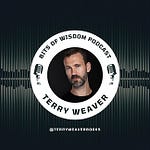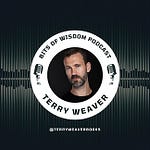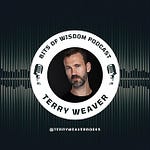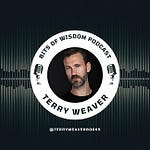“I had always believed that the world involved magic: now I thought that perhaps it involved a magician. I had always felt life first as a story: and if there is a story there is a story-teller.” G.K. Chesterton
There’s no wonder why Chesterton was nicknamed the Prince of Paradox. We don’t have to investigate much to conclude that the most complex things in this world have a creator, a designer, an author.
Artificial Intelligence seems to be an oxymoron at first discovery until you understand that it’s the future, that people are dropping out of Ivy League schools to take part in AI start-ups. It’s the most revolutionary breakthrough of the 21st century, comparable to the internet revolution. And, it has a designer, millions of them, soon to be billions.
We can look at any complex thing, a neural network, a transportation grid, or the latest rocket technology that now enables spaceships to re-enter Earth’s atmosphere and land safely upon return from the moon. These have designers.
Recently, the film Oppenheimer showcased the breakthrough of the Quantum Theory of Molecules which enabled a team to design the Atom Bomb.
A little less-known breakthrough by Biochemist Jennifer Doudna and microbiologist Emmanuelle Charpentier was the co-invention of the gene-editing system CRISPR, which allows the editing of DNA with unprecedented precision and efficiency.
The evidence of a designer is all around us but it’s often thought to fall short when we look at ourselves in the mirror. Faith in a human creator seems to be risky despite the proof around us. It seems to be a paradox with just enough evidence to suggest it’s anything but absurd. Chesterton said it best in just a few short sentences.
“I had always believed that the world involved magic: now I thought that perhaps it involved a magician. I had always felt life first as a story: and if there is a story there is a story-teller.”











